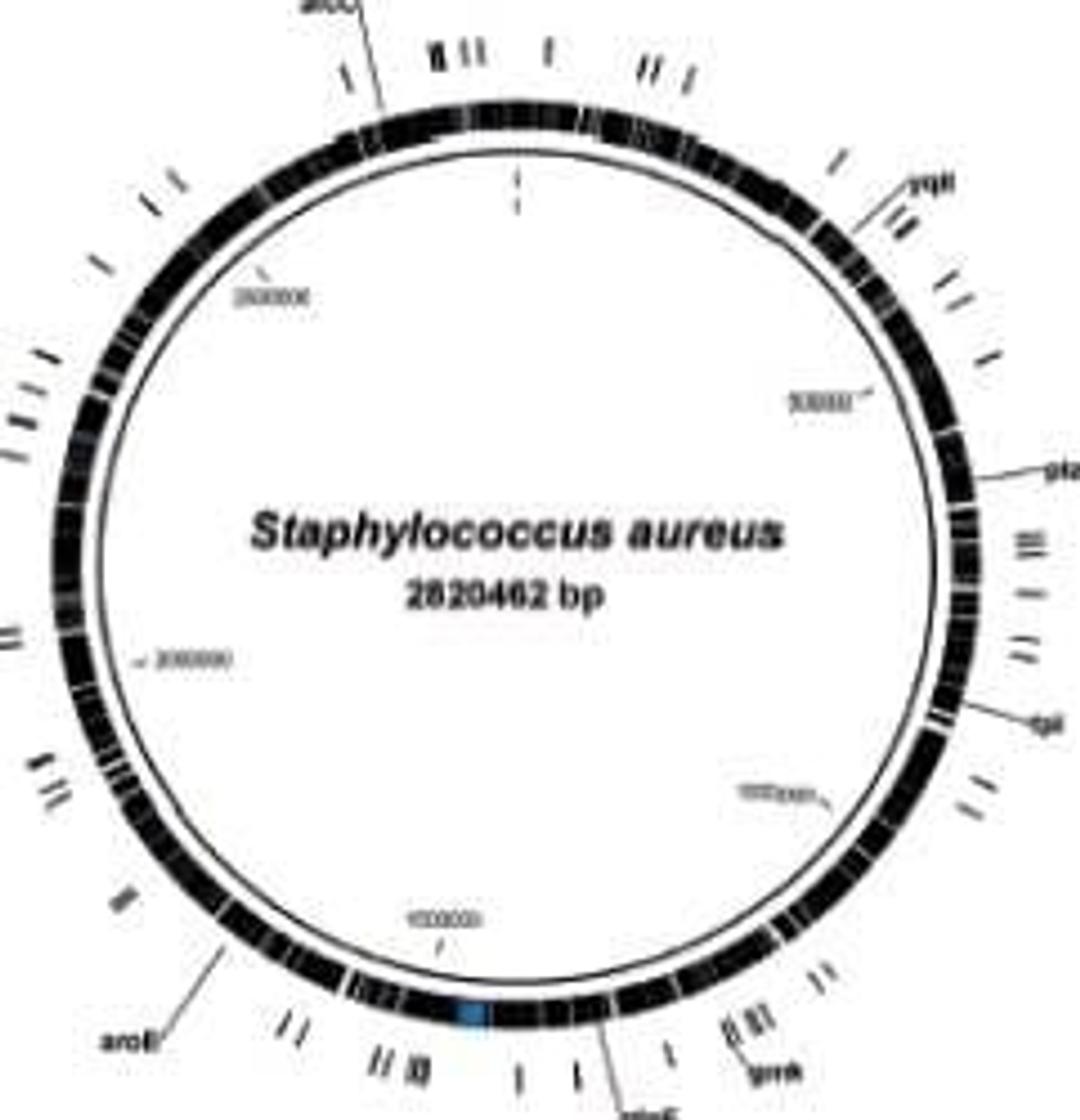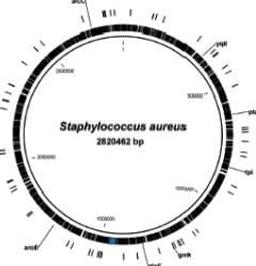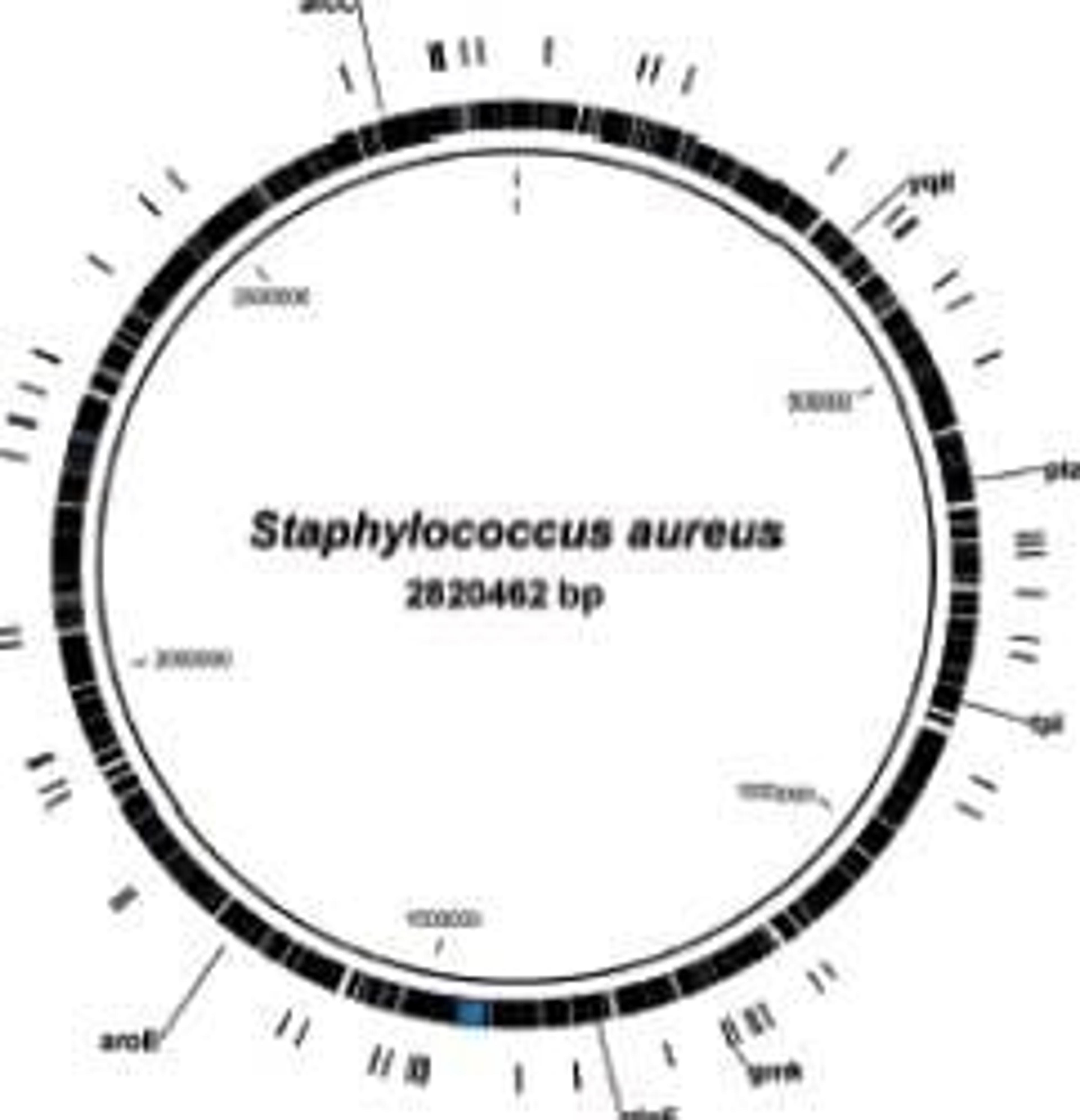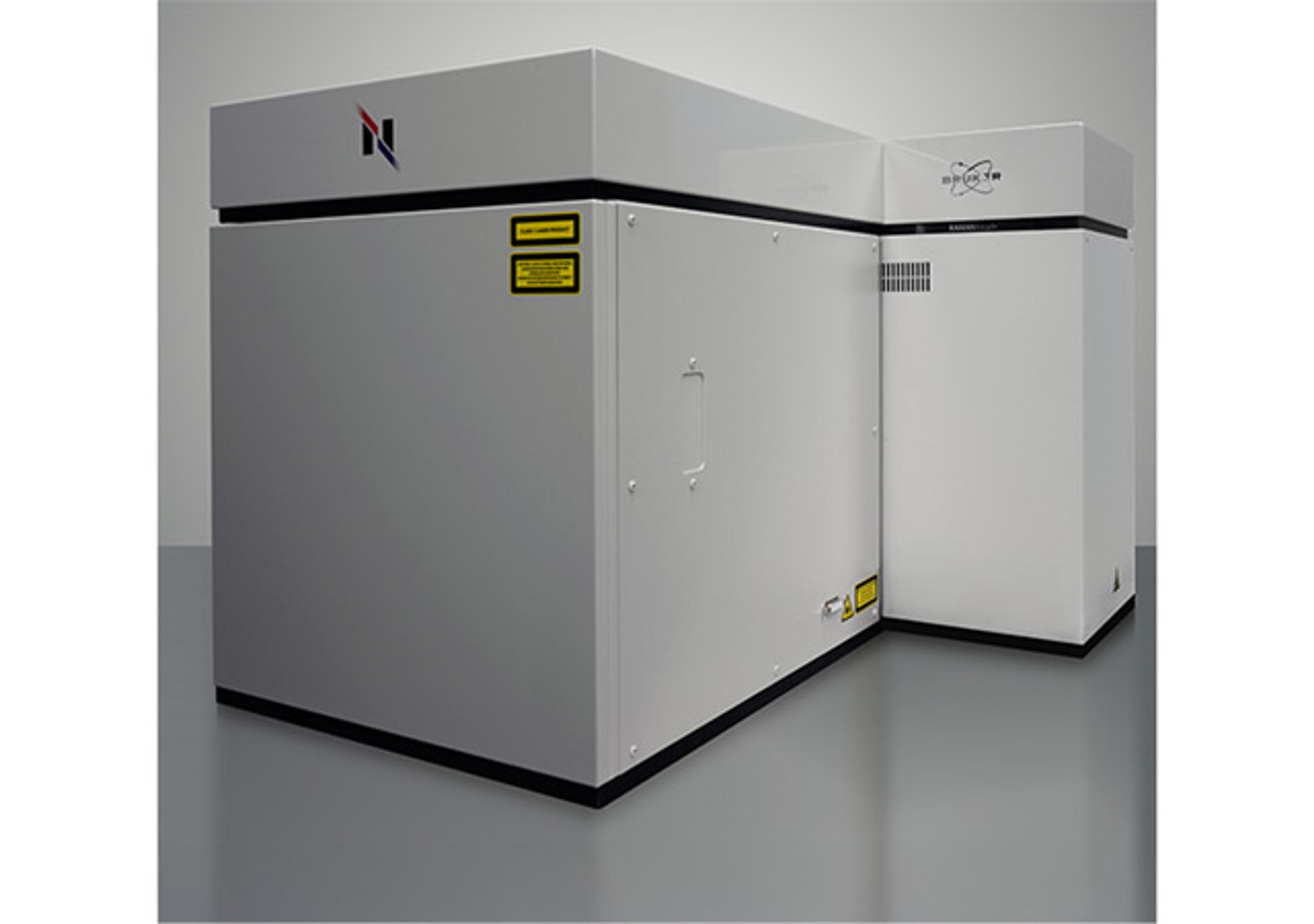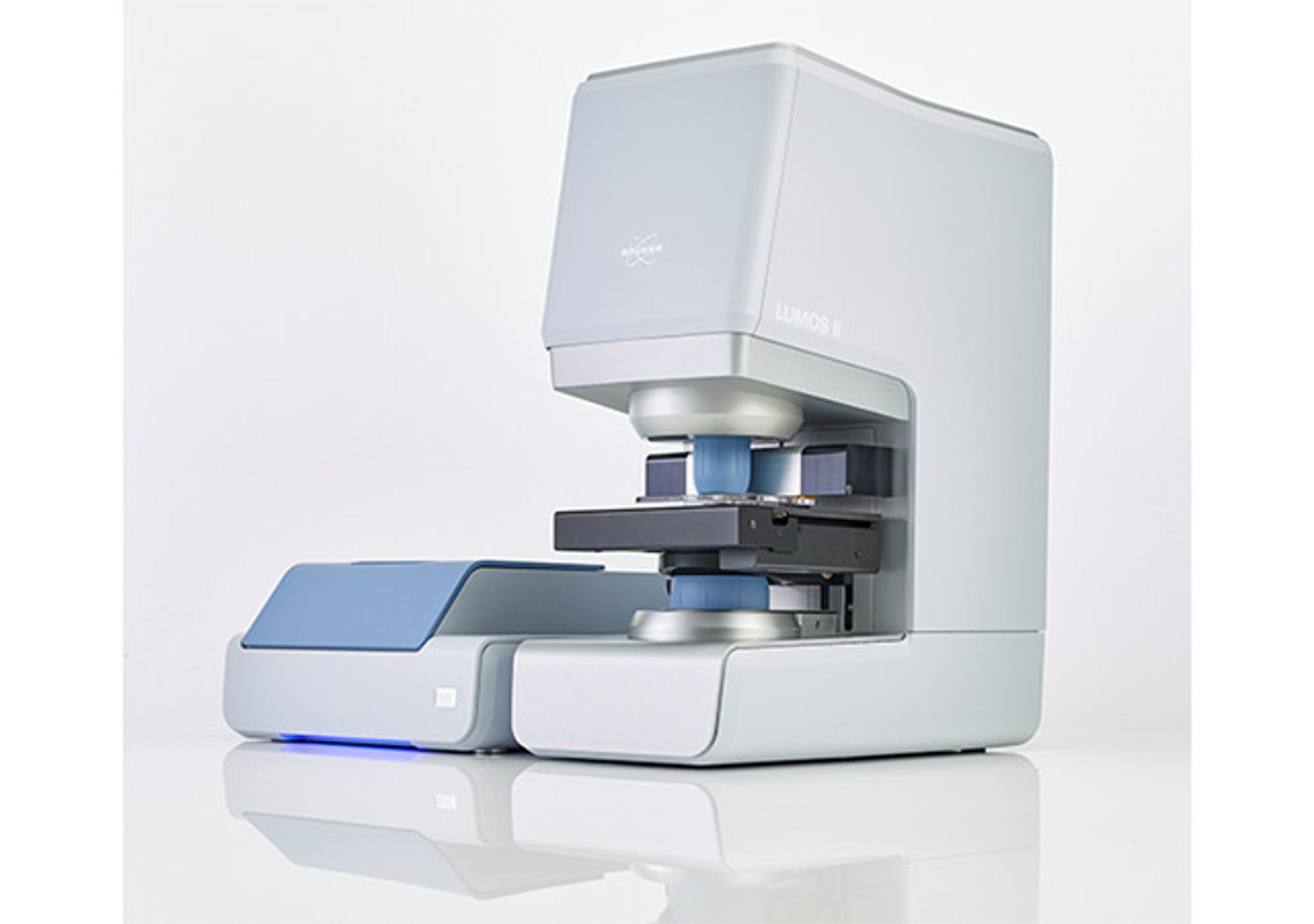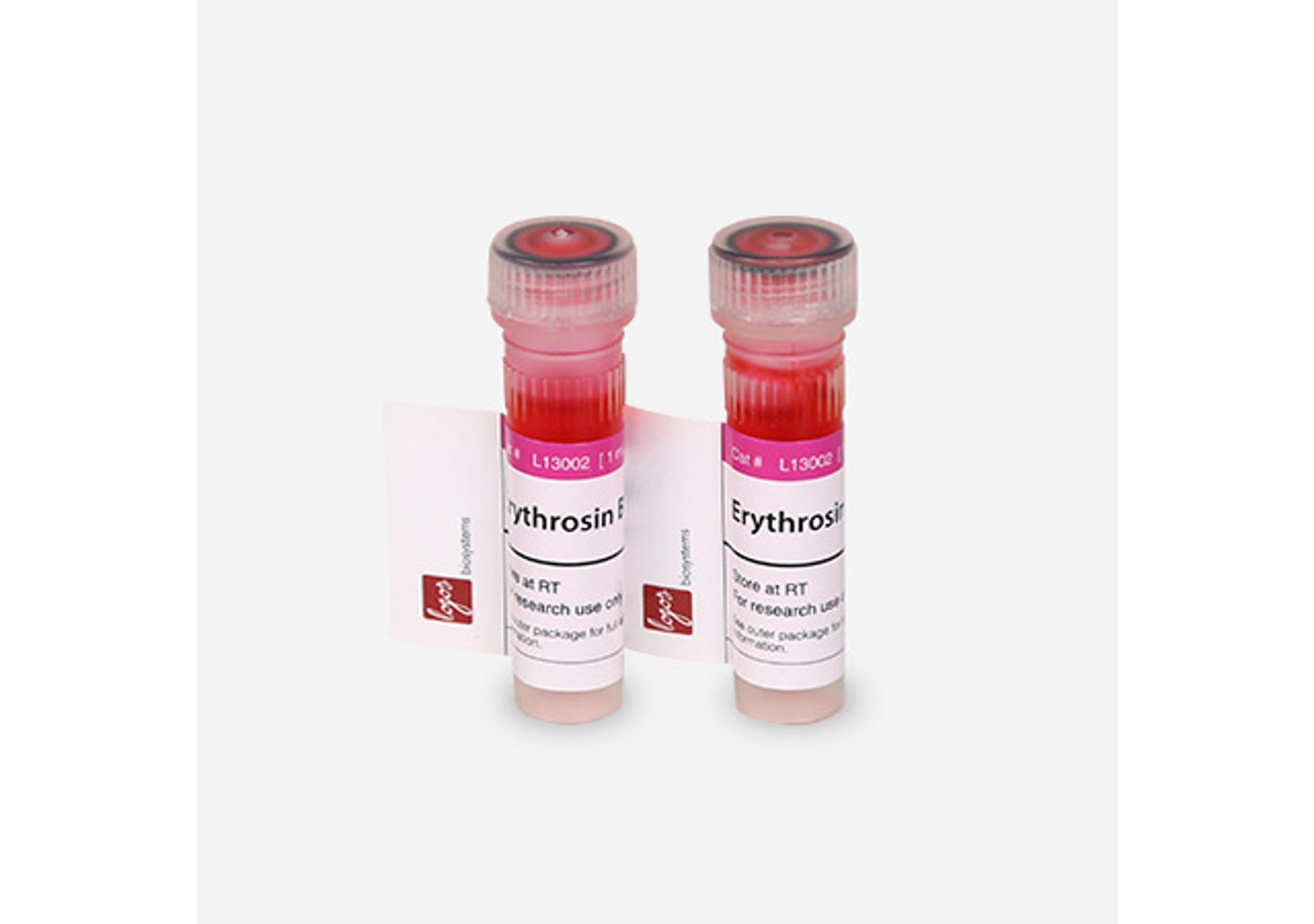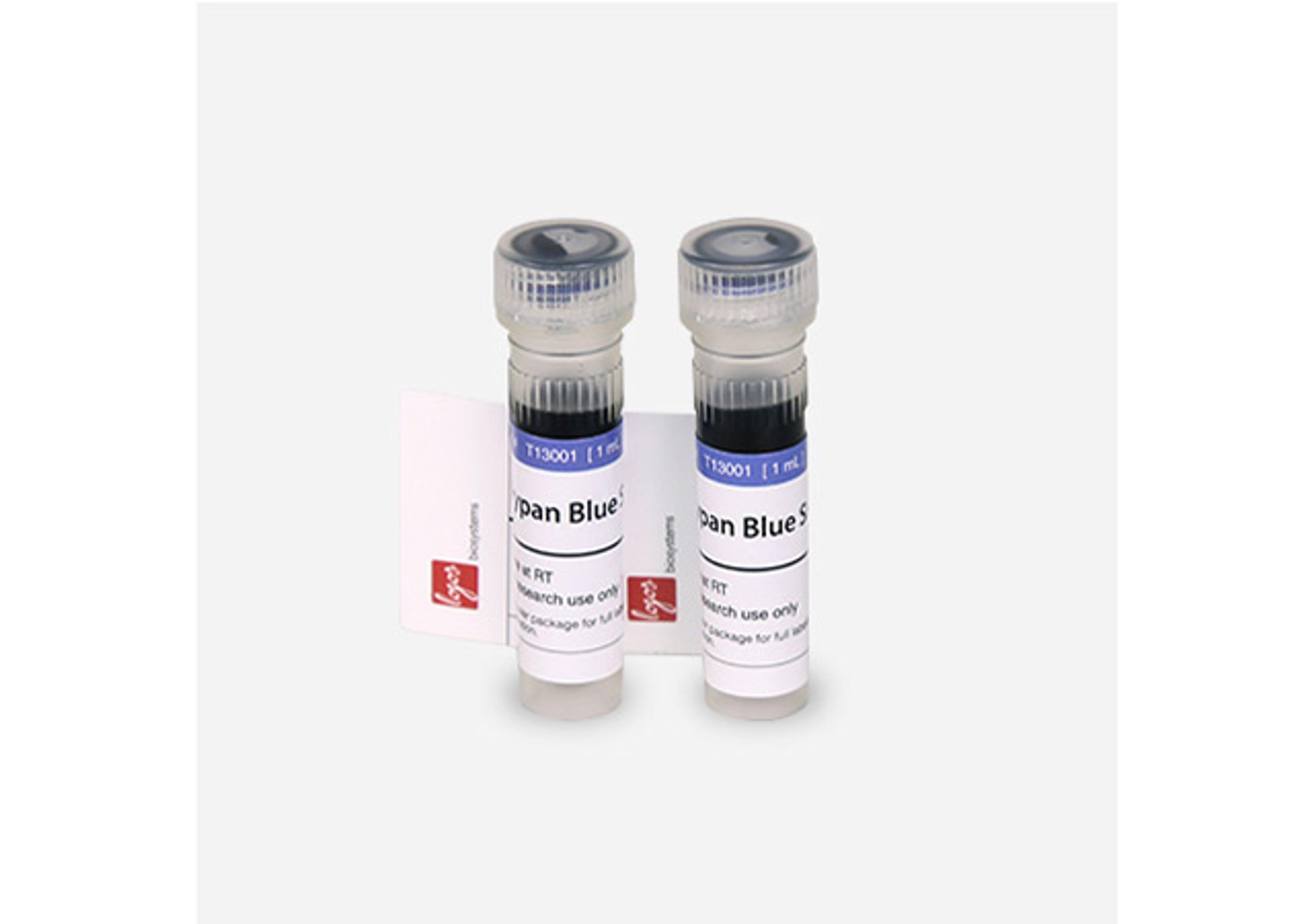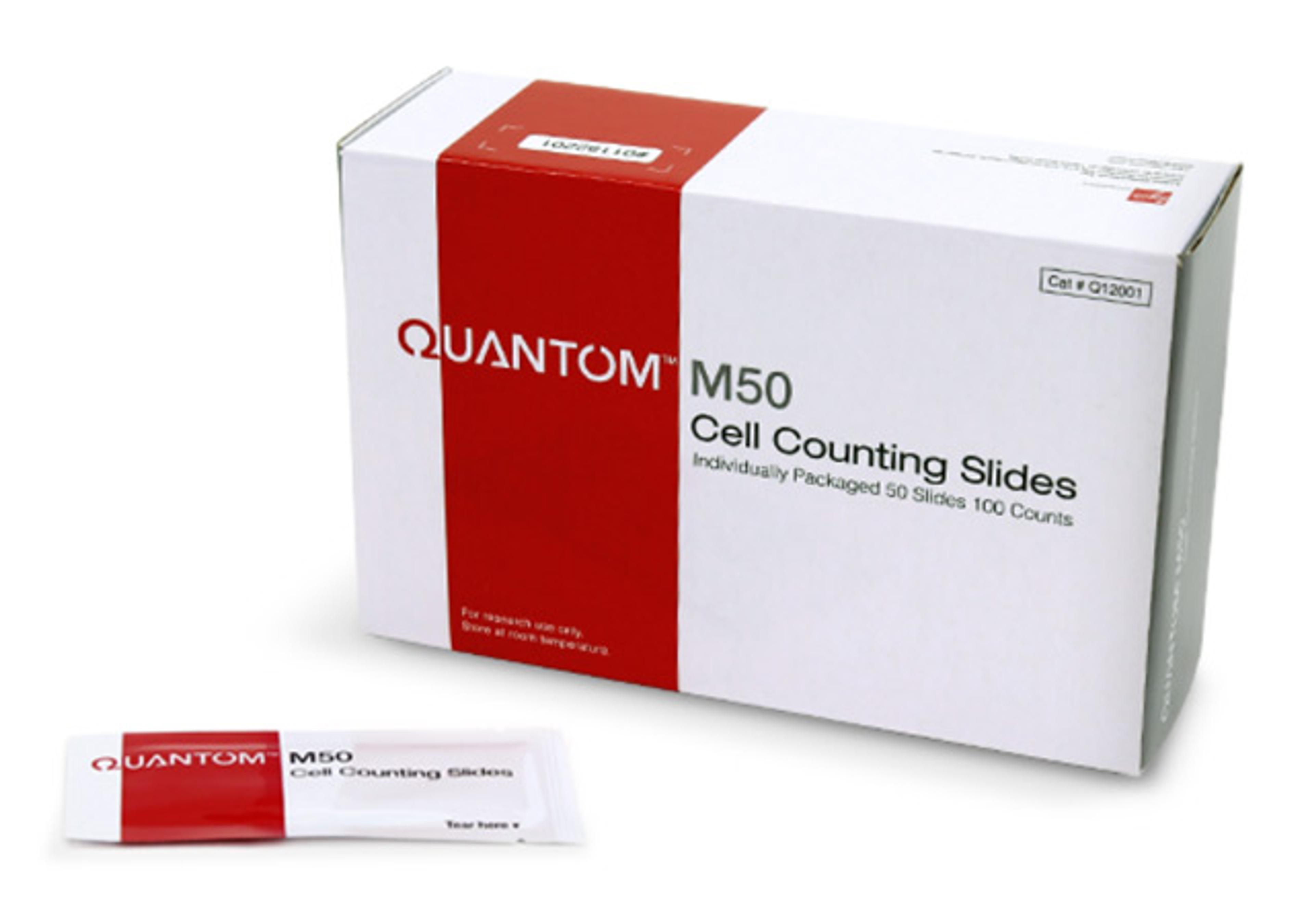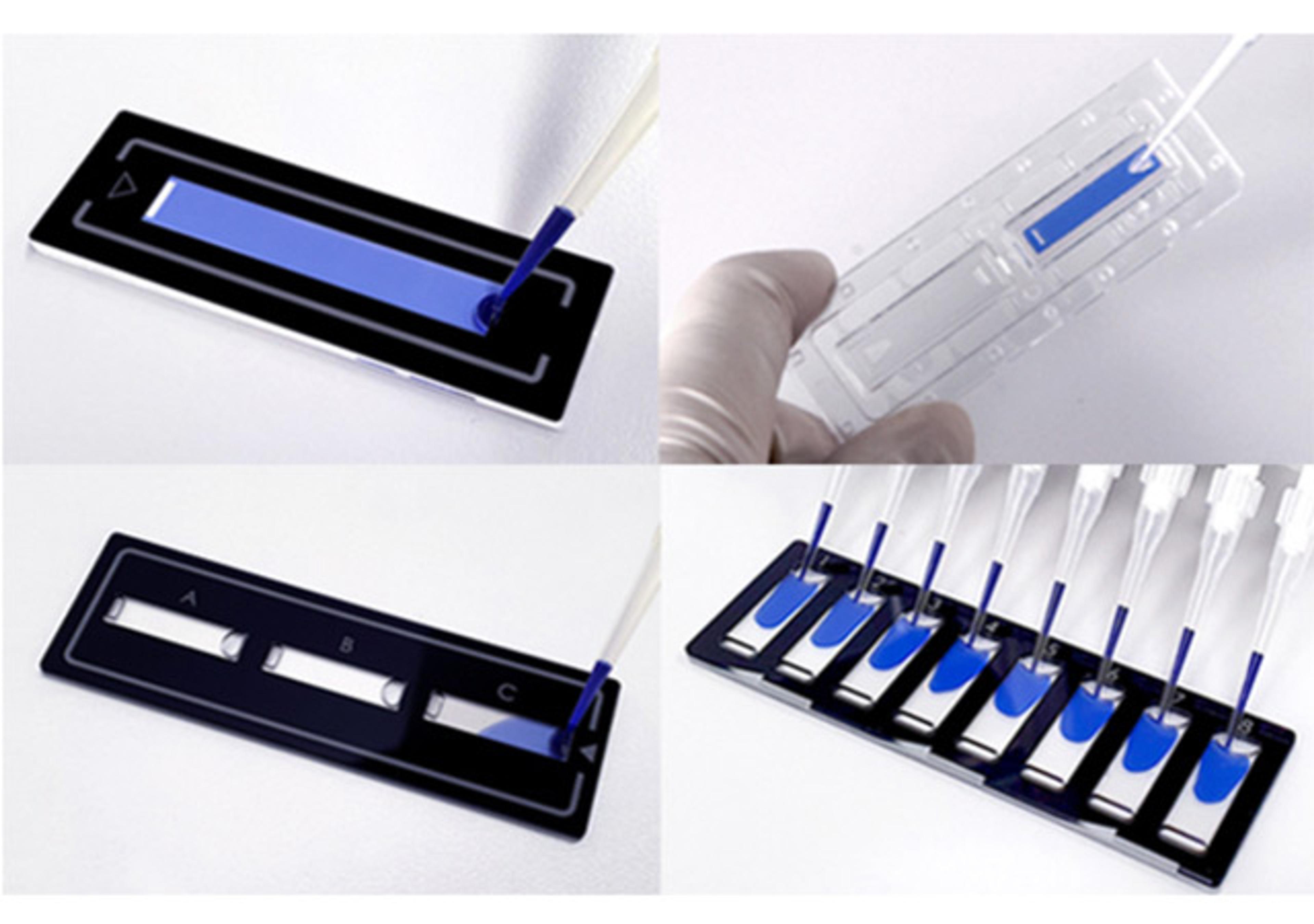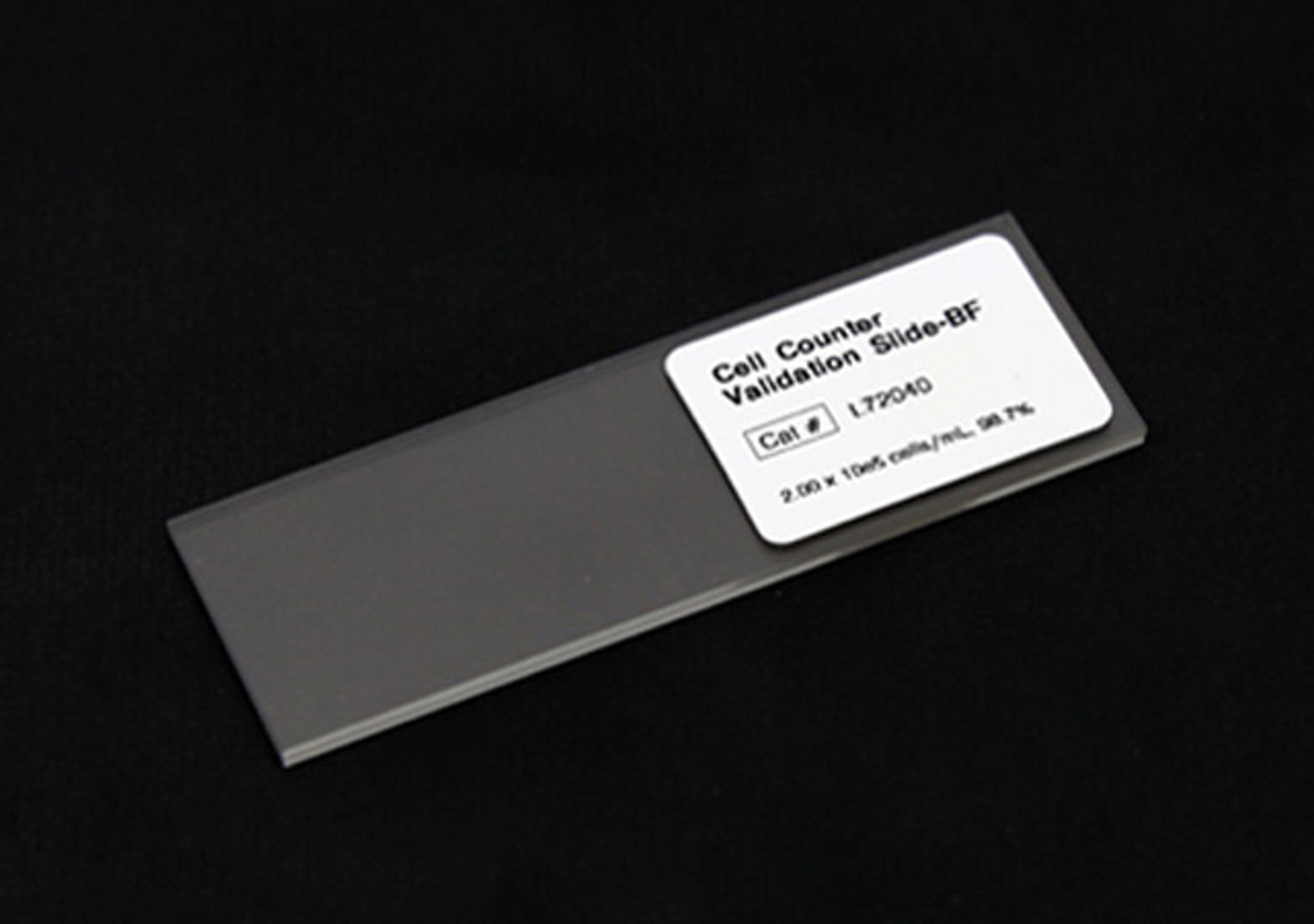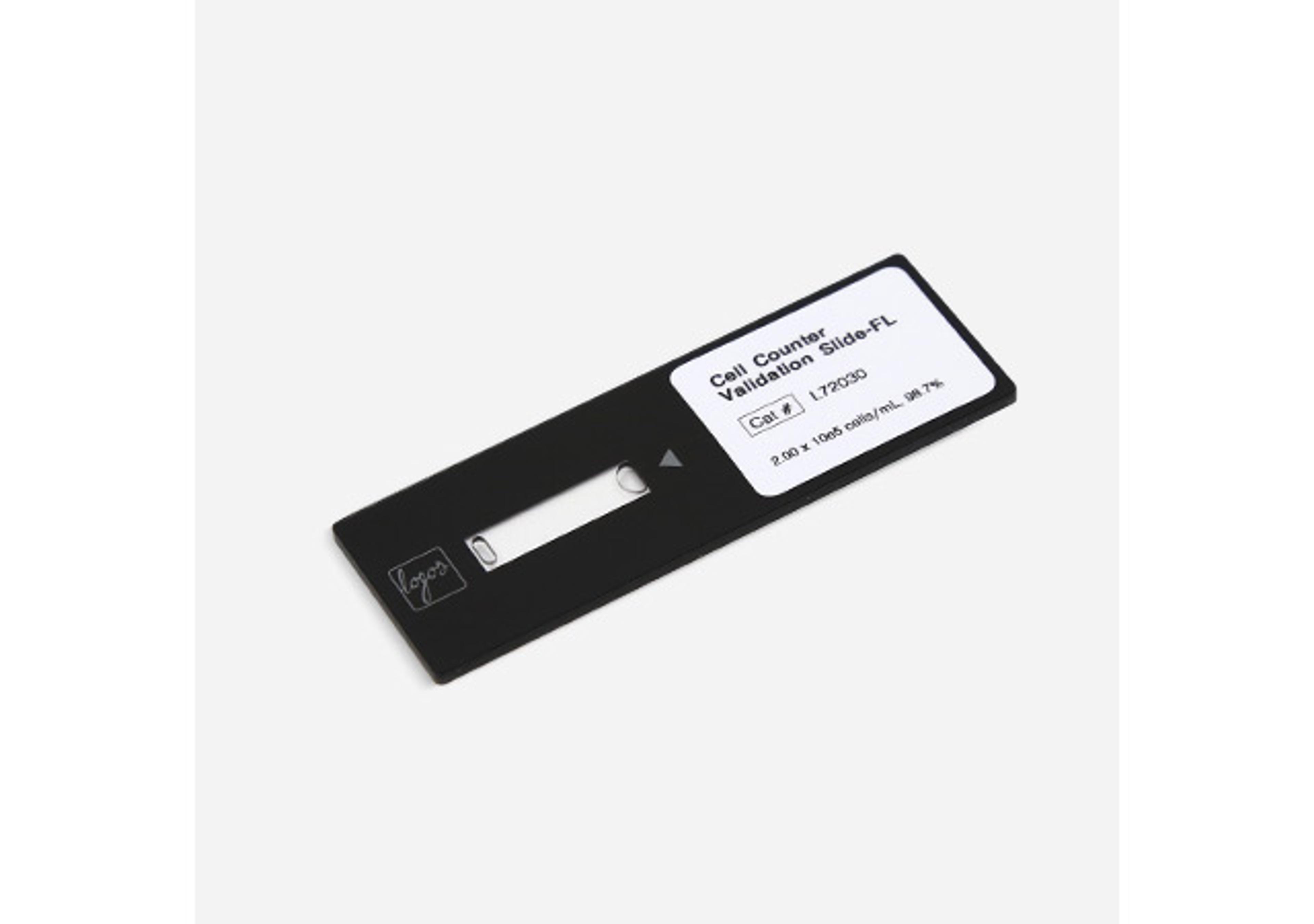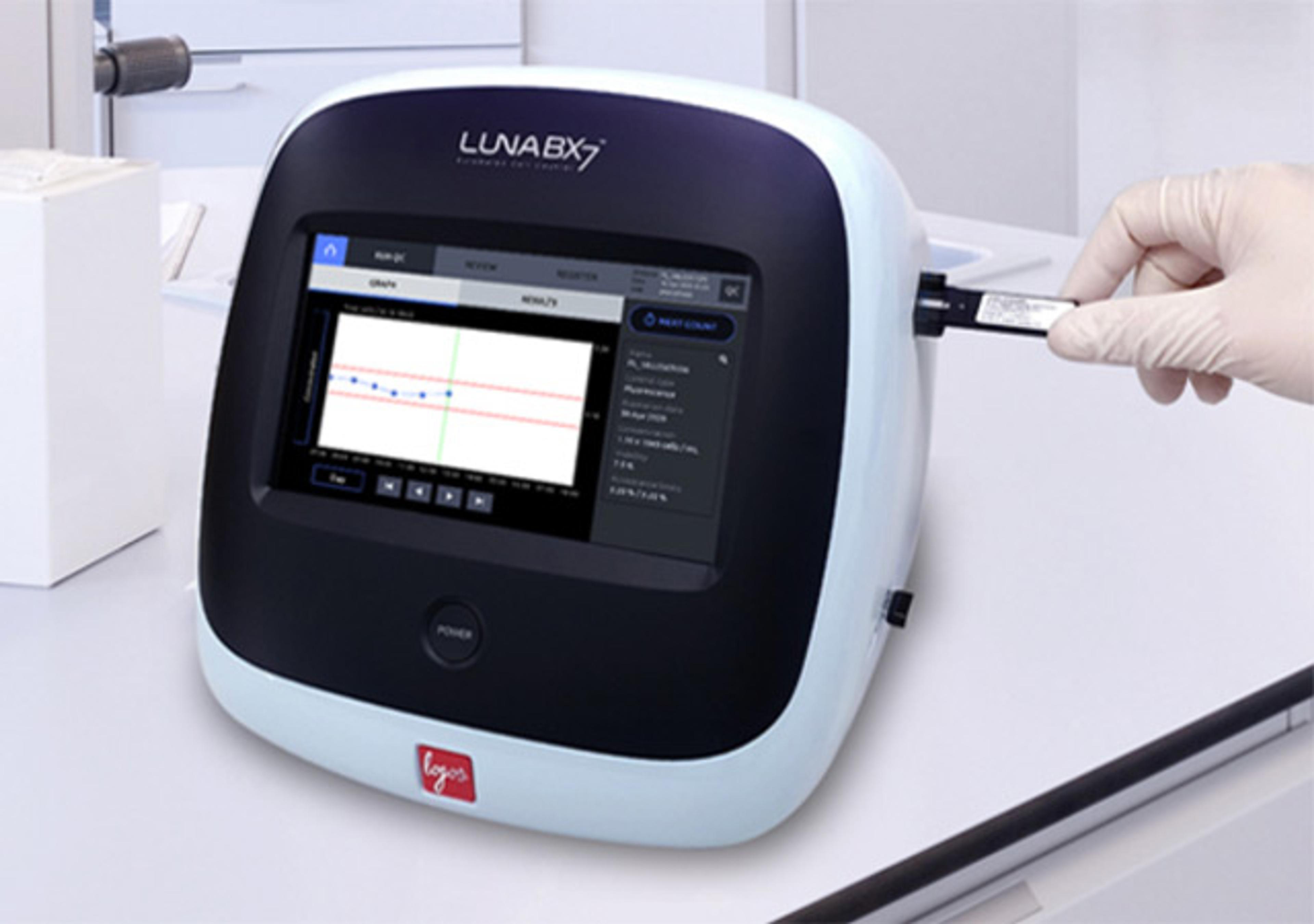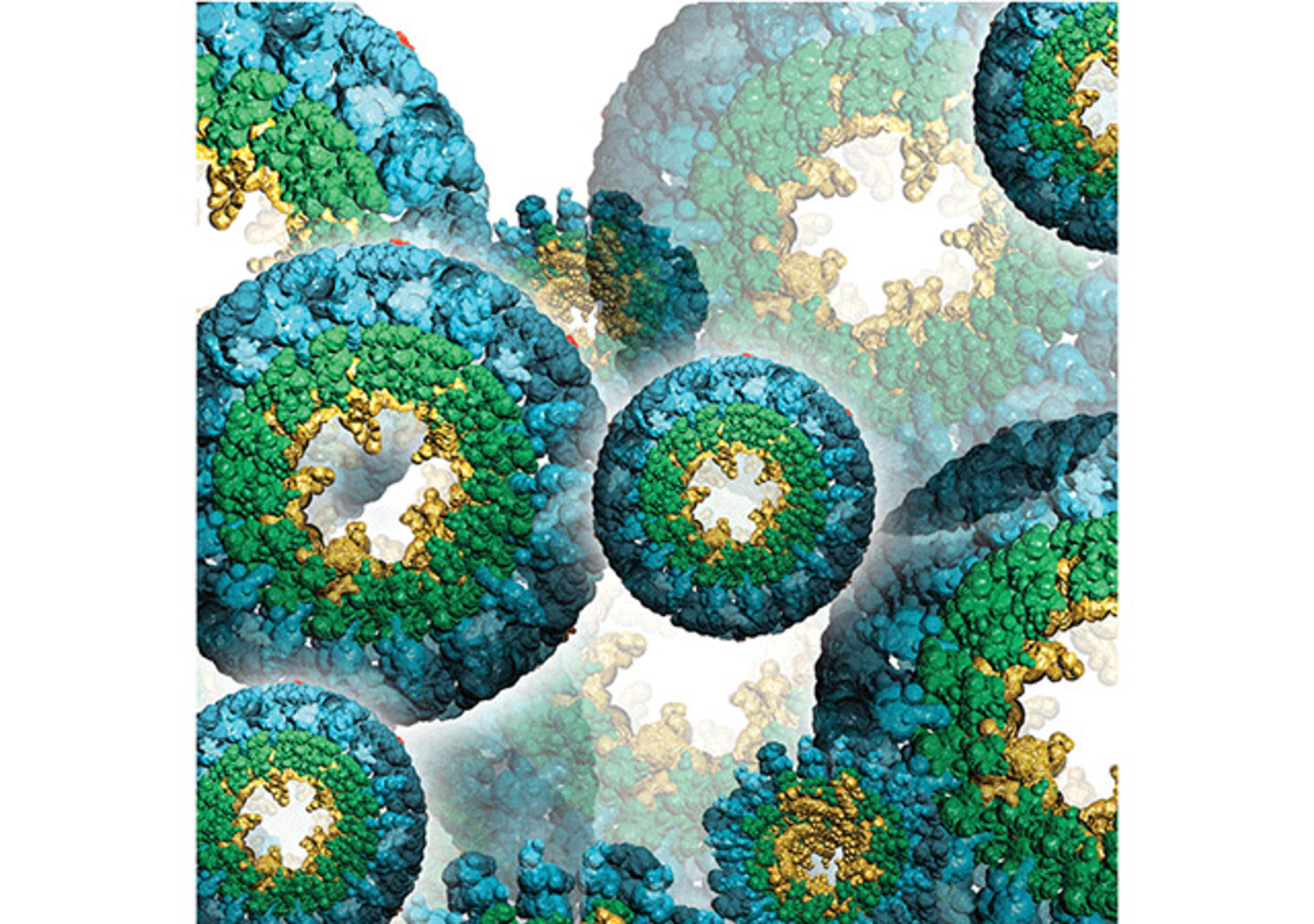CLC MLST Module
CLC bio presents its new software module for Multilocus Sequence Typing (MLST). MLST is a portable and precise state-of-the-art technique for typing bacteria and yeast isolates. It is based on DNA sequence data from a number of house-keeping genes. For each gene, the experimental data is compared to a database of known alleles and a fi nal sequence type is assigned by combining information from all genes. Easy The CLC MLST Mod…

The supplier does not provide quotations for this product through SelectScience. You can search for similar products in our Product Directory.
CLC bio presents its new software module for Multilocus Sequence Typing (MLST). MLST is a portable and precise state-of-the-art technique for typing bacteria and yeast isolates. It is based on DNA sequence data from a number of house-keeping genes. For each gene, the experimental data is compared to a database of known alleles and a fi nal sequence type is assigned by combining information from all genes.
Easy
The CLC MLST Module integrates the MLST procedure into one single step. Simply select the sequencing data for all the loci, choose an MLST scheme, and a few seconds later you have a sequence type. You can easily inspect and edit the sequencing data to correct sequencing errors and verify the result. The MLST schemes can be downloaded from the PubMLST, MLST.net, and MPIIB databases, and you can add new types to the scheme yourself.
User-friendly
Advanced computer skills are not required. With a graphical user interface the CLC MLST Module is easy and intuitive to use, and the comprehensive user manual explains all the details.
Time saving
A typical MLST workfl ow includes assembly, inspection of assembly, trimming of sequence ends, copying and pasting into a web form, and noting the allele number. This tiresome routine must be repeated for all loci. Our usability studies shows that this takes on average 25 minutes (see next page). With the CLC MLST Module this work flow is concluded in less than a minute and with a few clicks of the mouse. This leaves less room for manual error and more time for inspection
and verification of the results.
Supports iterative workflow
If your sequencing experiment fails for one or more loci, you can assign a preliminary sequence type based only on the successful experiments. After re-sequencing, data from the missing loci can be added to obtain the precise sequence type. In this way, data-driven corrections and adjustments can be made at any step in the typing process and no work is ever lost.
Saving results
Web-based MLST analysis leaves you no options to save and correct typing analyses, making it tiresome and difficult to repeat or adjust previous analyses. With the CLC MLST Module you can easily save all your work and with a single click go back to review and adjust the results. Together with the history view, which records all the editing you make, this makes it easy to document, repeat
and refine your analyses.
Extend and develop your own schemes
The CLC MLST Module makes it easy to download existing MLST schemes from PubMLST, MLST.net, and MPIIB. After download, the user is free to customize the scheme by adding newly discovered, or proprietary, allele types. The MLST schemes can be merged, which makes it possible to update your own schemes with new types from the PubMLST, MLST.net, and MPIIB databases. Merging schemes also enables sharing of data between several users. Furthermore, you can easily create your own schemes if you work on an organism not represented at the PubMLST, MLST.net, and MPIIB.
Integrated solution
The CLC MLST Module is a seamlessly integrated plug-in to the CLC Gene Workbench or CLC Combined Workbench. This means that you get the benefi t of a fully integrated bioinformatics solution for all your sequence analysis work with direct access to e.g. phylogeny, primer design, BLAST, SNP annotation and virtual cloning.

